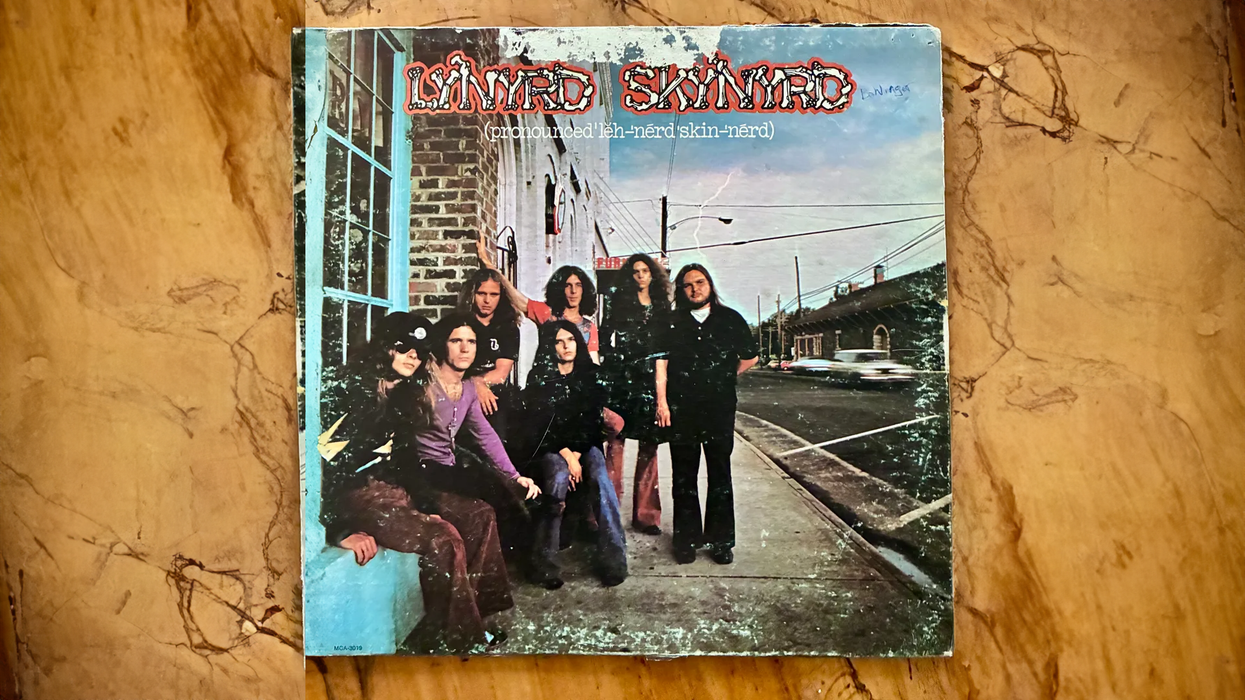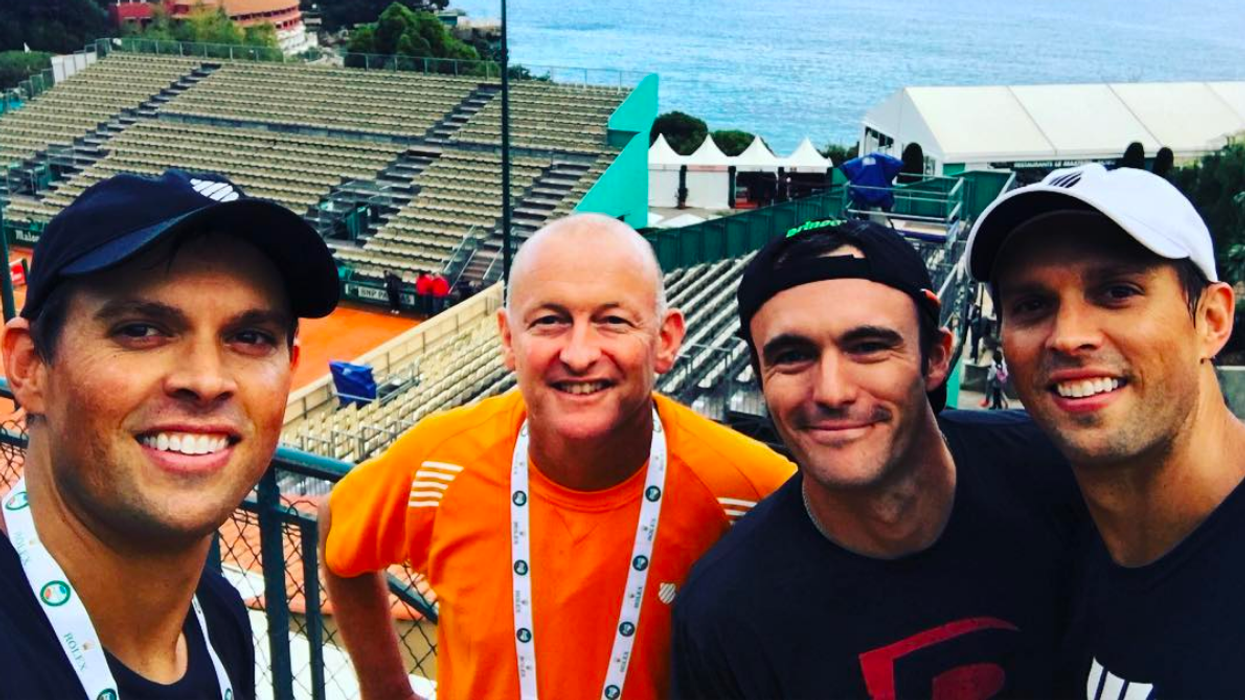A guitarist friend of mine introduced me to the “catch a dollar bill" trick. For those of you unfamiliar with this little wonder, here's how it works: You grip the end of a U.S. greenback with your thumb and finger, and ask someone (a sucker) to spread his thumb and forefinger on each side of the bill, halfway down. Now challenge your stooge to grab the bill when you drop it. Because this seems easy—but is, in fact, nearly impossible—it's a great way to win free drinks in a bar.
Showing is better than telling, so if you haven't seen this trick, check out street magician Ben Nemzer give a fine demonstration of the sweet little con on YouTube.
Like most of you reading this, a lifetime of guitar playing makes me fairly confident that my fingers move faster than Joe 12-Pack's beefy digits. I knew I could react quickly enough to grab the bill, yet I failed every cursed time.
My guitarist friend who showed me the trick grabbed the bill three times in a row when I tried it on him. I did a little research that suggests this is actually impossible because there's not enough time for a message to travel all the way from our eyes to our fingers. One has to know when the bill will drop and react as it happens rather than reacting after seeing the bill move. You may get lucky and grab the bill once or even twice, but not three times.
So how did my friend (who wishes to remain anonymous) grab the bill? He told me that with a little practice and focus one could sense when to act. As Sir Arthur Conan Doyle said by way of Sherlock Holmes, “Once you eliminate the impossible, whatever remains, no matter how improbable, must be the truth."
The truth is we're dealing with extrasensory perception.
When someone mentions ESP, we tend to think of The Twilight Zone and freaky stuff involving spoon bending, telepathy, clairvoyance, and a creepy guy wearing a fez or a turban. On Wikipedia, ESP is defined simply as “the reception of information not gained through the recognized physical senses, but sensed with the mind." For musicians, sensing what other players will do is not uncommon—mysterious, ESP-ish surprises occur often during a good jam.
In a jam situation, musicians rely on visual and vocal clues to direct them toward an impromptu arrangement. However, at one time or another, most seasoned jammers experience the phenomena where the band just senses where the song goes without any detectable guidance. During those magical moments, musicians with no pre-knowledge or any obvious communication will at times move together perfectly like Blue Angel pilots flying in formation, simultaneously changing dynamics, tempo, or direction. Musicians playing as if they share one brain is ESP. What else would you call it?
Some may call this a well-developed intuition, but the term “intuition" still implies the acquisition of information by means other than standard communication. ESP, intuition, the sixth sense, or the shining (if you want to go all Stephen King on it) ... they all mean the same thing: We just sort of know what other people are thinking. That's mind reading, baby.
Perhaps what parapsychologists call ESP is simply how people behave who are adept at reading clues others don't perceive. Every second, our five senses are barraged with information our brains constantly process on a conscious and unconscious level. Maybe good musicians are just particularly accomplished at analyzing information and making highly accurate guesses based on this information. On the other hand, perhaps pickers absorbed in song can sometimes slip into a good old Vulcan mind-meld.
I think it's a bit of both. To serve the song, good players have to read each other—they watch and listen for clues. That said, there have been times onstage when something spooky happens that defies a logical explanation.
I've experienced jams where, without any prompting, we all stop on a dime or accent a note hard or collectively switch from 8th-notes to consecutive triplets. I've been playing with my eyes closed, completely absorbed in the music, when the bass player and I hit an identical riff at the same time, never having played it before. It's not like we go, “I sense that the bassist is going to play a descending pentatonic run at the end of the phrase. I will too." It's more like our instruments are playing us, making our fingers go where they must. Nobody has a map, but we all end up at the same place at the same time.
In his biography My Cross to Bear, Gregg Allman calls it “hitting the note." I get it. I bet you do too. Maybe this musical mind reading is what Robbie Robertson was alluding to when he titled his last record How to Become Clairvoyant or perhaps this was the point behind Supernatural, Santana's 17th album.
We musicians should all feel a bit superior to those non-musicians, for we share a supernatural power that they do not. I just wish I could turn on this psychic power when I'm betting on football or trying to pick stocks. Sadly, all of my empirical evidence suggests that it only works with music, and even then, it's more miss than hit.


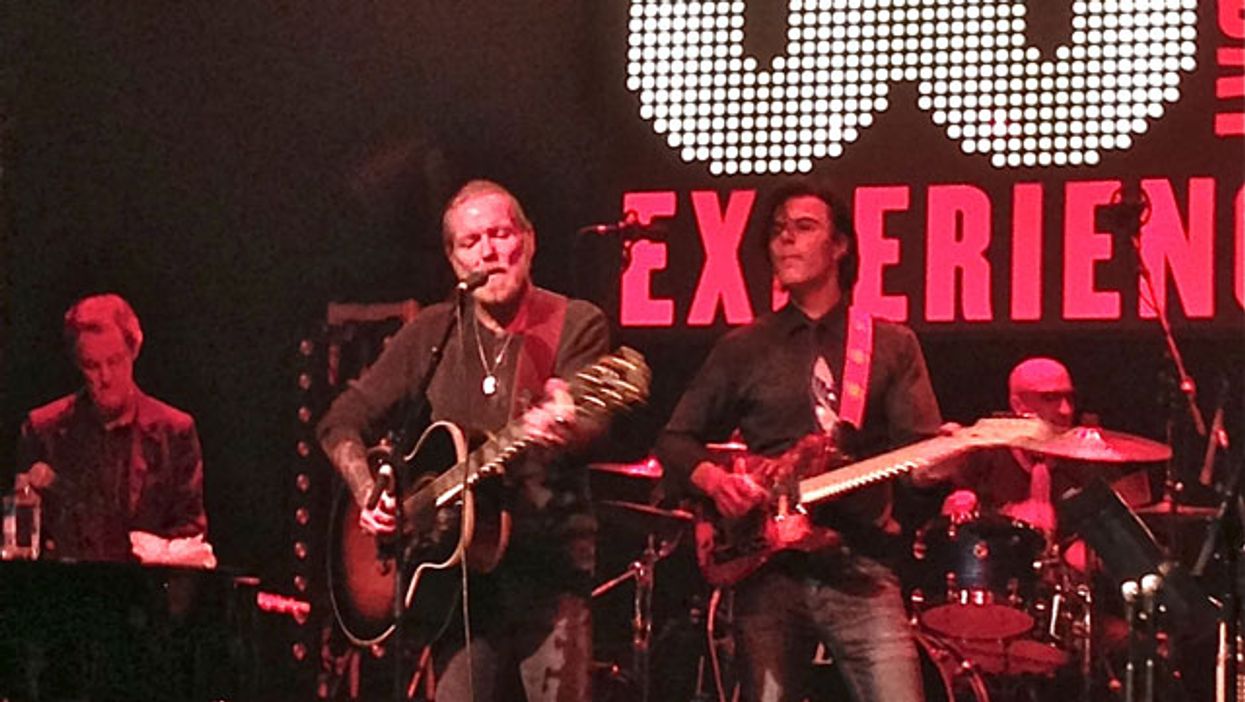




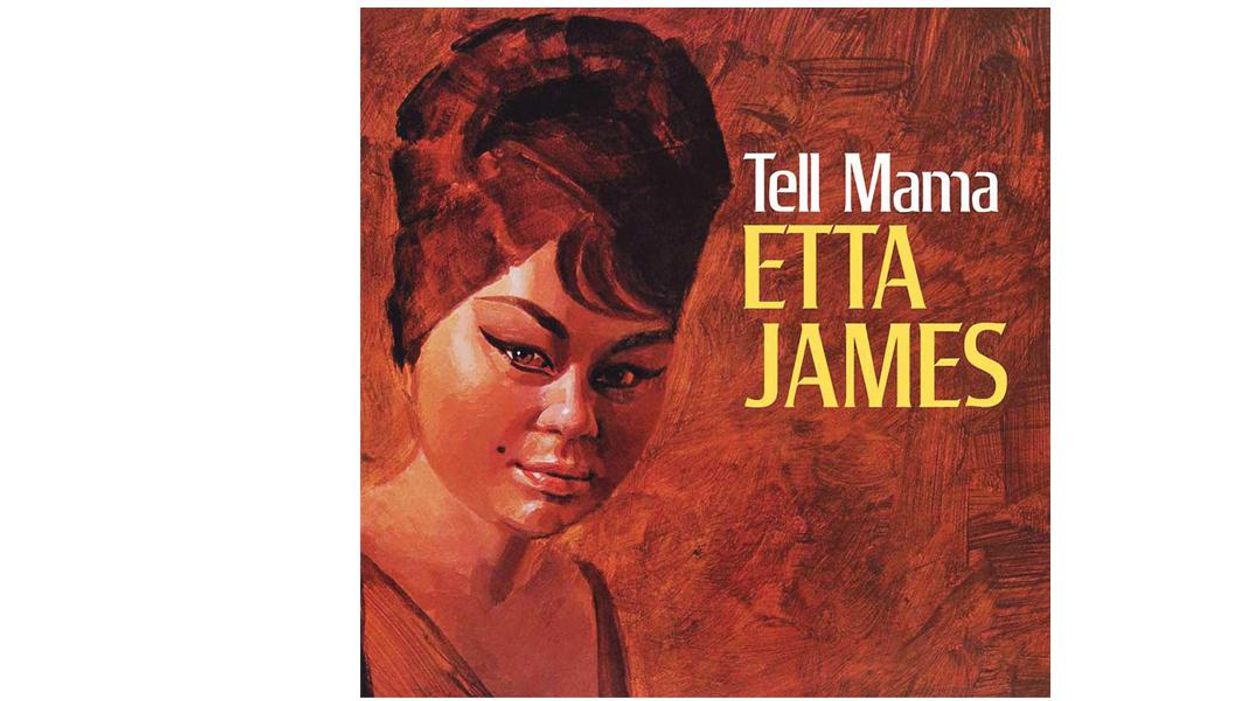


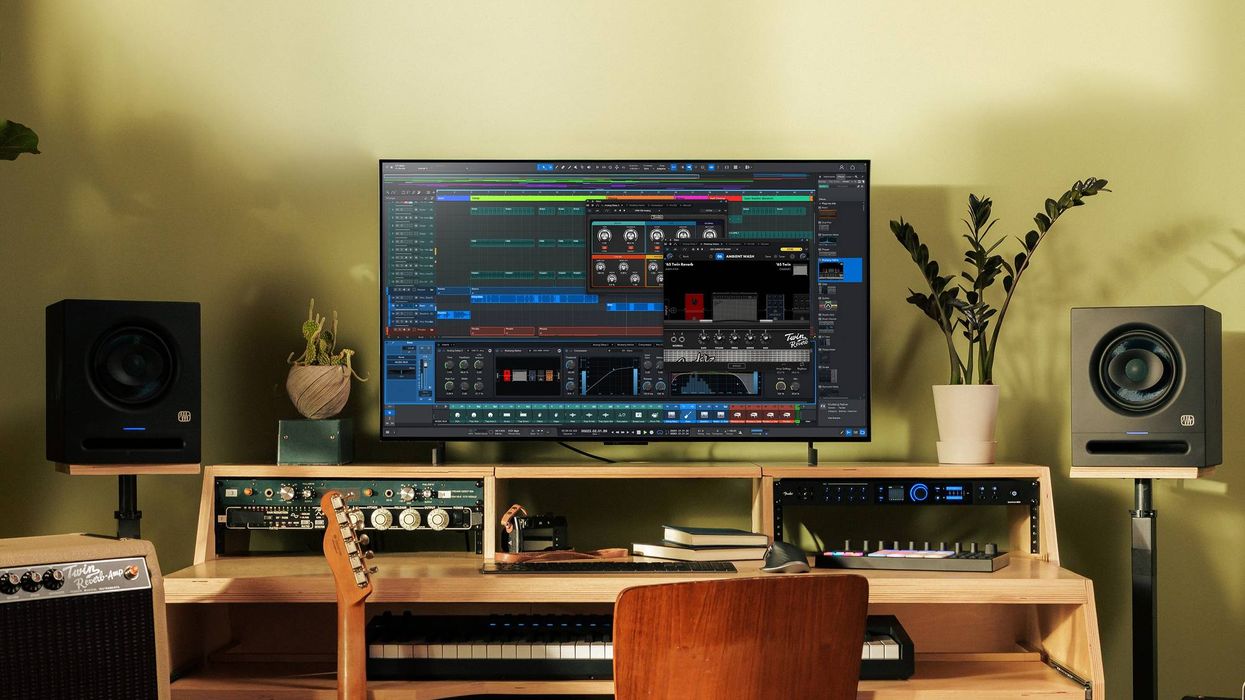
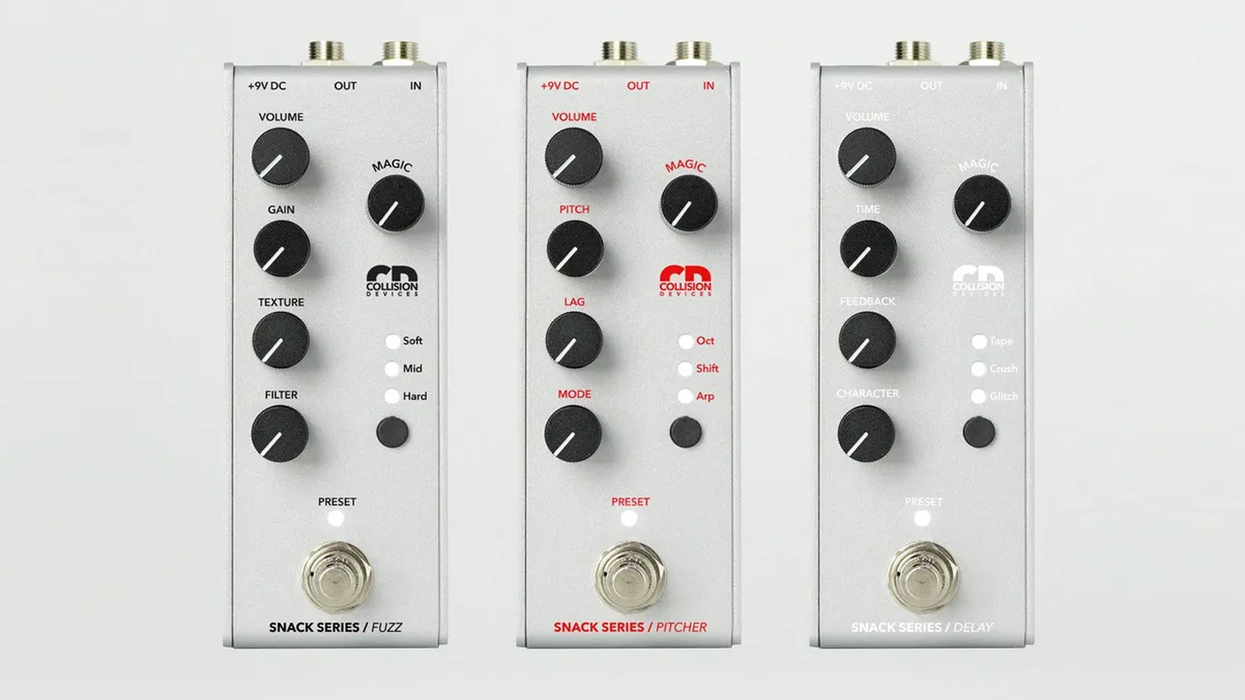
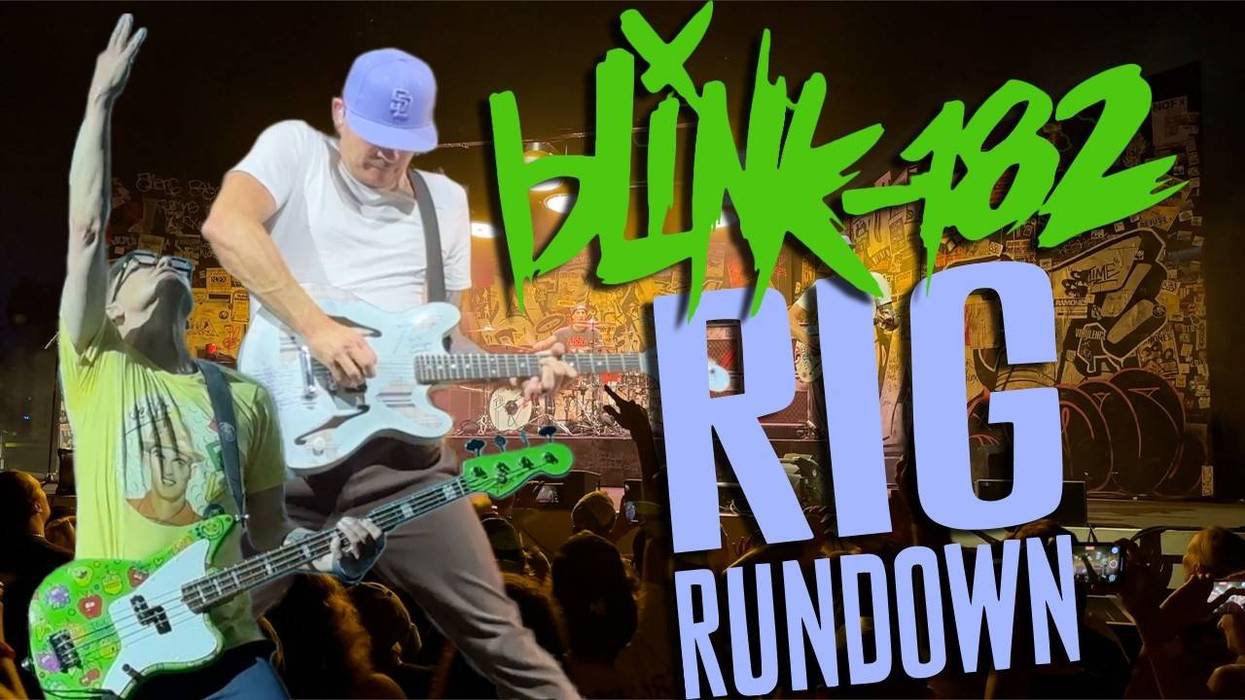
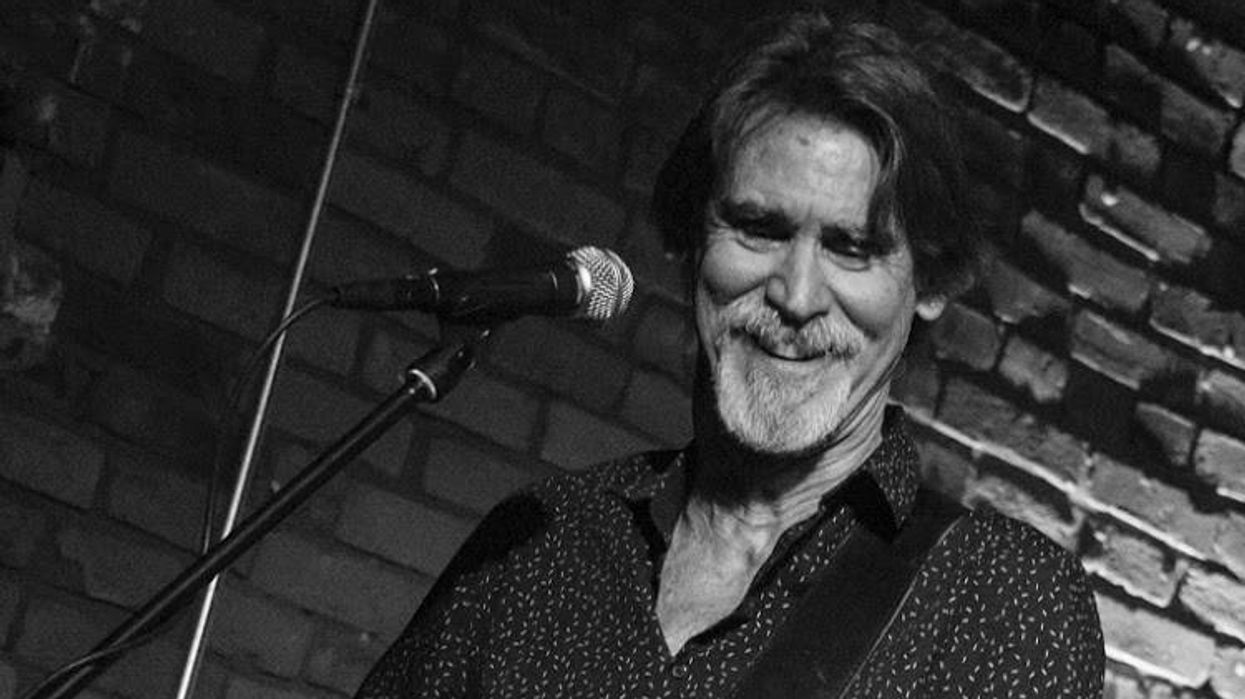
![Rig Rundown: Russian Circles’ Mike Sullivan [2025]](https://www.premierguitar.com/media-library/youtube.jpg?id=62303631&width=1245&height=700&quality=70&coordinates=0%2C0%2C0%2C0)
